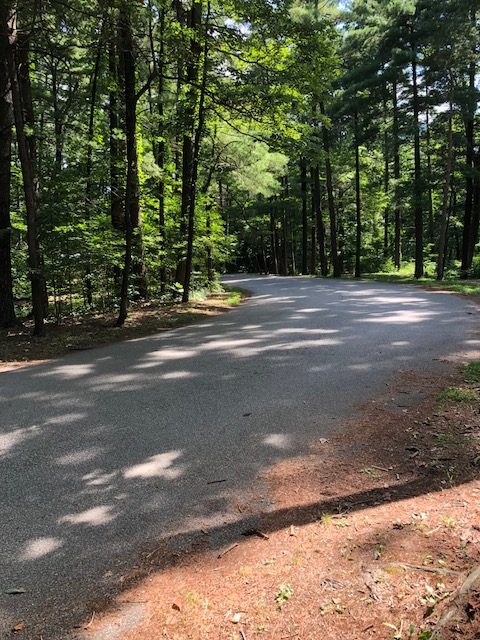by Donna Poole
Lola, the little monarch larva, curled up inside the milkweed leaf and tried to make herself invisible, but Alan found her. He always did.
“Are you crying and hiding again? Come out and enjoy this beautiful Florida sunshine. You’re wasting prime eating time. Are you going to eat that leaf you’re hiding in or not? Because if you’re not, I am!”
“Go away!” Lola sniffed and a tiny tear dripped onto the leaf. “You fat old caterpillar! How can you even think of eating after what happened to Betsy yesterday? You saw that nasty bluebird bite her in half and eat both halves of her. We could be next!”
Alan looked around. “No bluebirds in sight. It’s safe to come out. You can’t hide forever!”
“Oh yes I can. I’m staying right here in yesterday. Yesterday I escaped with my life. Who knows what might happen if I come out into today? I might die!”
Lola shuddered and crawled deeper into the leaf, hard to do since Alan was eating holes all around her.
“It’s today whether you come out or not. And if you come out, you might not die. You might fly!”
“Alan, you’ve told me a hundred times your name means handsome and cheerful, but I think you’re ridiculous. Who ever heard of a caterpillar flying?”
“Grandpa Blythe told me. He said after we caterpillars hang in our J’s and go into our cages, we come out as beautiful flying creatures!”
“Did you ever see such a thing yourself?” Lola demanded. “Those cages are our tombs. No one who goes in ever comes out. Look around at all the cages of our friends! They’re all dead, Alan, dead! And you aren’t making anything better by living in your pretend world where we come out of our cages and fly!”
Alan kept calmly eating. It was infuriating the way that caterpillar refused to get angry. Finally, he mumbled with a full mouth, “You’re not making your life easier by assuming every change means disaster. Nothing wrong with having a little hope.”
“The world is full of trouble, Alan. Only one out of us ten eggs lives to grow up. Flies, wasps, parasites, viruses, bacteria, and…bluebirds can all get us! Hope is a lie, Alan!”
Lola started crying again.
Alan clumsily patted her head with one of his six feet. “Listen, Lola, I know the world is full of trouble, but it’s also full of survivors. Yesterday was terribly sad, but you survived. You might be one of the ten who lives, and you might even fly! But you’re never going to do it without eating. You better get chomping this milkweed!”
And with that, Alan curled his chubby self into a ball and started softly snoring.
Lola looked at him sadly. He was the last friend she had left. He was getting so big; she knew soon he’d hang into a J, spin his death web, go into his cage, and die. Then she’d have no one. She missed all her friends, especially Sheri.
Lola looked at the milkweed plant next to her. That’s where she’d last seen Sheri, the place Sheri had hung in a J, spun her death web, gone into her cage and died.
What was happening to Sheri’s cage? It had turned transparent, and now a lovely creature was climbing from it. Slowly the creature opened and closed its wings, over and over, its beautiful colors catching the sunlight.
“Alan! Alan, wake up! You need to see this!”
But Alan kept snoring.
The beautiful creature climbed higher on the milkweed and looked directly at her. There was something familiar about it. It looked like…but it couldn’t be!
“Sheri,” she whispered, “Sheri, is that really you?”
Sheri opened and closed her wings a few more times, circled Lola’s head and then flew high into the sky.
Alan was right! There was reason to hope.
She looked for him, but he was hanging in a J shape and had already spun a web around himself. Could he still hear her?
“I’m going to be one of ten, Alan,” Lola hollered in her loudest voice. “I’m going to fly.”
Alan’s voice sounded so faint and far away. “Better get chomping then.”
Yes. That was it. While waiting to fly she’d just do the next thing that needed to be done. In this case, it was stuffing herself with milkweed. Lola was going to miss Alan, but she had a feeling she might see him again.













